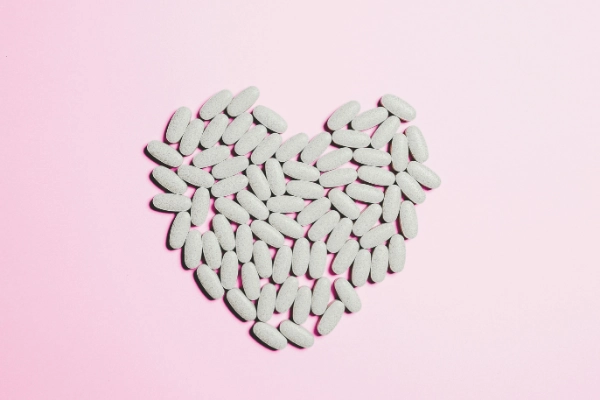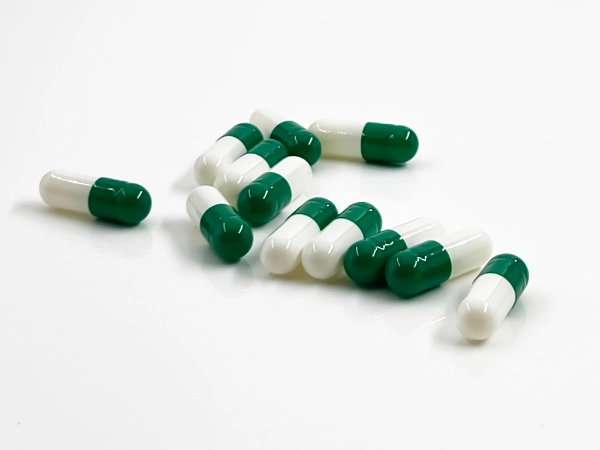- This topic is empty.
-
AuthorPosts
-
20/06/2024 at 18:17 #82617
In the pharmaceutical industry, different dosage forms are designed to cater to various patient needs and preferences. Two common forms of drug delivery are tablets and capsules. In this blog post, Wecaps will share with you the differences between tablets and hard vegetable cellulose capsules for sale of the same drug.
Composition
Tablets
– Active Pharmaceutical Ingredient (API): The main therapeutic component.
– Excipients: Substances added to the API to aid in manufacturing, improve stability, or enhance the drug's performance. Common excipients include binders, disintegrants, lubricants, and coloring agents.

Vegetable Cellulose Capsules
– API: The same as in tablets, encapsulated within the shell.
– Capsule Shell: Made from vegetable cellulose, a plant-based material, which is gelatin-free and suitable for vegetarians or those with dietary restrictions.
Manufacturing Process
Tablets
– Granulation: The API and excipients are mixed and granulated to create a uniform powder.
– Compression: The granulated mixture is compressed into a solid tablet using a tablet press.
– Coating (optional): Tablets may be coated to improve appearance, mask taste, or provide a controlled release of the API.
Vegetable Cellulose Capsules
– Filling: The API and excipients are filled into the pre-formed vegetable cellulose capsules.
– Sealing: The capsules are sealed to ensure the API is securely contained.
Dissolution Rate
Tablets
– Immediate Release: Tablets typically disintegrate and dissolve quickly in the stomach or small intestine.
– Modified Release: Some tablets are designed to release the API slowly over time, providing a sustained release of the drug.
Vegetable Cellulose Capsules
– Immediate Release: Capsules are designed to dissolve quickly in the stomach, releasing the API rapidly.
– Potential for Delayed Release: The capsule shell can be engineered to delay the release of the API until it reaches a specific part of the gastrointestinal tract.
Patient Compliance
Tablets
– Ease of Swallowing: Some patients may find swallowing tablets difficult, although this can vary based on the size and shape of the tablet.
– Taste Masking: Coatings can help mask the taste of the API, improving patient compliance.
Vegetable Cellulose Capsules
– Ease of Swallowing: Capsules are often easier to swallow for some patients due to their smooth, rounded shape.
– Vegetarian-Friendly: Suitable for vegetarians and those with dietary restrictions.

Bioavailability
Tablets
– Factors Affecting Bioavailability: The presence of certain excipients, tablet hardness, and the manufacturing process can affect how much of the API is absorbed by the body.
Vegetable Cellulose Capsules
– Potential for Higher Bioavailability: The capsule shell can protect sensitive APIs from degradation in the stomach, potentially leading to higher bioavailability.
Stability and Shelf Life
Tablets
– Moisture Sensitivity: Tablets can be sensitive to moisture, which can affect stability.
– Shelf Life: The shelf life of tablets can be influenced by factors such as storage conditions and the presence of stabilizing excipients.
Vegetable Cellulose Capsules
– Moisture Resistance: The capsule shell provides a barrier against moisture, potentially offering better stability.
– Shelf Life: Capsules may have a longer shelf life due to the protective nature of the shell.
Environmental Impact
Tablets
– Plastic Packaging: Tablets are often packaged in plastic blister packs, which can contribute to environmental waste.
Vegetable Cellulose Capsules
– Sustainability: The use of plant-based materials for the capsule shell can be seen as more environmentally friendly.
Regulatory Considerations
Tablets and Capsules
– Approval Process: Both forms must undergo rigorous testing and approval by regulatory bodies to ensure safety and efficacy.
– Labeling Requirements: Both must adhere to strict labeling guidelines to inform patients and healthcare providers about dosage, administration, and potential side effects.
As a high-quality hard vegetable cellulose capsules manufacturer, Wecaps specializes in providing customized pharmaceutical capsule services and providing you with reliable pharmaceutical solutions. Welcome to contact us!
Wecaps
inquiry@wecaps.com -
AuthorPosts
- You must be logged in to reply to this topic.